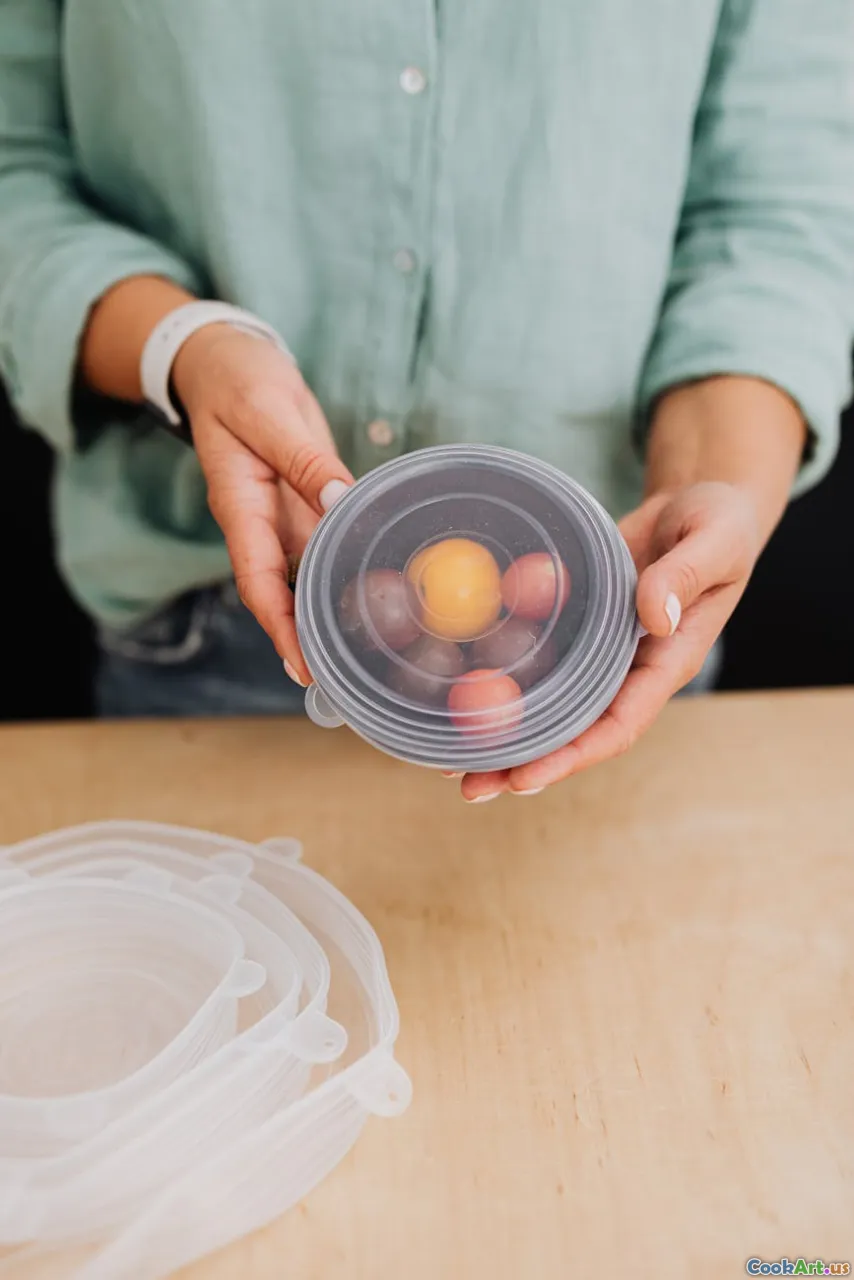Sustainable Food Storage Solutions
5 min read Explore innovative and sustainable food storage solutions that reduce waste and enhance food preservation techniques for a greener kitchen. April 04, 2025 17:00
Sustainable Food Storage Solutions
In the quest for a more sustainable kitchen, food storage solutions play a crucial role. With global food waste reaching staggering levels—approximately one-third of all food produced for human consumption goes uneaten—innovative storage methods are not just beneficial but essential. This article explores various sustainable food storage solutions that not only reduce waste but also preserve the freshness and nutritional value of our food.
The Importance of Sustainable Food Storage
Sustainable food storage is about more than just convenience; it’s about making mindful choices that contribute to environmental preservation. Effective storage methods can help in:
- Reducing Food Waste: Proper storage can extend the shelf life of food, minimizing spoilage and waste.
- Maintaining Nutritional Value: Correct storage techniques help retain the vitamins and minerals in food, ensuring we get the most out of what we eat.
- Minimizing Environmental Impact: By choosing sustainable materials and methods, we can reduce our carbon footprint and lessen the strain on landfills.
Innovative Storage Solutions
1. Reusable Beeswax Wraps
Beeswax wraps have emerged as a popular alternative to plastic wrap. Made from organic cotton infused with beeswax, these wraps can be molded around food items and containers, providing an airtight seal. They are washable, reusable, and biodegradable, making them a fantastic sustainable option for food storage.
2. Glass Containers
Switching to glass containers for food storage is a great way to reduce plastic use. Glass is non-toxic, doesn’t leach chemicals into food, and is fully recyclable. Many modern glass containers come with airtight lids, ensuring food stays fresh longer.
3. Vacuum Sealers
Vacuum sealing removes air from bags or containers, significantly slowing down spoilage and freezer burn. This method is particularly effective for bulk food storage, allowing users to buy in larger quantities and store food safely for extended periods.
4. Smart Storage Solutions
Technology is playing a pivotal role in food storage innovation. Smart refrigerators equipped with inventory management systems can help track food items, alerting users when they’re nearing expiration. Some models even suggest recipes based on what’s available, minimizing waste.
5. Compostable Bags
For those looking to store food waste sustainably, compostable bags made from plant-based materials offer an eco-friendly solution. These bags break down naturally in composting systems, allowing users to dispose of organic waste without contributing to landfill waste.
Cultural Approaches to Food Storage
Different cultures have developed unique food preservation techniques that align with sustainability. For instance:
- Fermentation: Widely used in various cultures, fermentation not only preserves food but also enhances its nutritional profile. Kimchi in Korea, sauerkraut in Germany, and miso in Japan are just a few examples.
- Canning and Jarring: Traditional canning methods, used by many cultures, allow for the preservation of seasonal produce. When done correctly, canned goods can last for years without refrigeration.
- Drying and Dehydration: Drying fruits and vegetables has been a common practice in many civilizations. This method reduces weight and volume while concentrating flavors, making it a practical and sustainable way to store food.
Conclusion
Sustainable food storage solutions are an essential step toward reducing waste, conserving resources, and ensuring food safety. By adopting innovative practices and incorporating cultural techniques into our kitchens, we can contribute to a more sustainable food system. Embracing these solutions not only helps the planet but also enhances our culinary experiences by allowing us to enjoy fresh, wholesome food for longer periods.
Together, let’s make conscious choices that lead to a greener future—one meal at a time.









